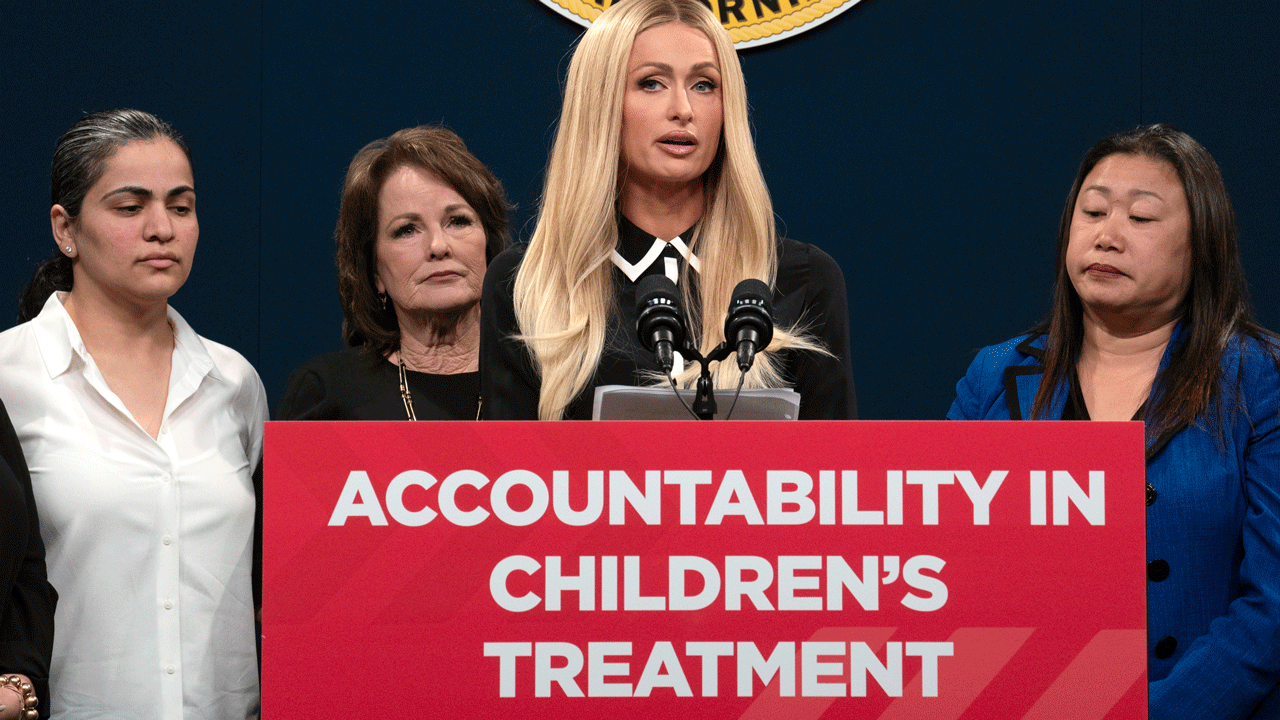The abortion language in the new Senate health reform plan is major sticking point for pro-life members, who don't believe it avoids federal funding for ending pregnancies.
"Citizens get charged a premium that includes abortion coverage," said Sen. Mike Johanns, R-Neb. "The taxpayers pay a percent of the premium. Who can determine what dollar went here or what dollar went there?"
Sen. Ben Nelson, D-Neb., is threatening to filibuster the bill, under which the so-called "public option" health insurance plan and subsidized plans would accommodate abortions if paid for with private money. It took a much stricter House bill to get Democratic opponents of abortion to sign on.
But President Obama told Fox News' Major Garrett this week that the language doesn't strike the proper balance between a woman's right to chose and the federal funding firewall.
"Not yet," Obama said.
Still, abortion is just one of the Senate bill's many sticking points.
Union workers who've traded pay raises for generous health care benefits for themselves and their families could face a tax on the portion of family plans that exceed $23,000 in value.
The Senate bill includes a tax on elective cosmetic surgery, the so called 'botox tax,' that's bound to be a target of the doctors who make that their specialty.
The Medicare tax would rise for people making more than $250,000 a year from nearly 1 1/2 to nearly 2 percent, in the Senate bill.
The group Americans for Tax Reform notes the bill uses the term "tax" 183 times.
That's not surprising. The bill is more than 2,000 pages long and is already being used as a prop by critics, just as the House bill was. But large, some Democrats say, doesn't necessarily mean lousy.
"When it comes to the size of legislation it was that bank bailout bill that the last president proposed that was only three pages long," said Sen. Dick Durbin, D-Ill. "There was a work of wisdom."
And then there are some sticking points that aren't even in the House or Senate bill.
A proposal to tax sugary drinks didn't make it in either bill but the food industry is still running ads against it.
"They say it's only pennies," one ad said. "Well those pennies add up when you're trying to feed a family."
With such big targets for critics to aim at, selling health reform may come down to convincing people that leaving things as they are is more dangerous than the changes the Democrats propose. An AP poll this month found people evenly split on that, though opponents of health reform seem to feel more strongly about it than supporters.




